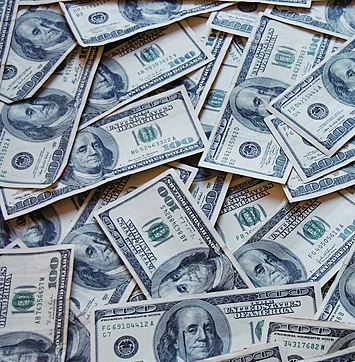What is Revenge Spending and Why is it Coming to an End?
You might have heard the term “revenge spending” and wondered what it meant.
“Revenge spending is a financial phenomenon based on reacting to an emotional event and it refers to a person increasing their spending after a period of challenges,” according to U.S. News.
A great example of revenge spending is how the COVID-19 pandemic prevented our ability to spend money on common activities due to the quarantine. As a result, many people began increasing the amount of money they were spending to make up for lost experiences.
U.S. News claims that revenge spending could be beneficial to our economy and provide emotional relief to consumers, but becomes a problem if consumers start spending too much on “wants” versus “needs.”
However, according to the Federal Reserve, revenge spending might be over for the summer. “Several of the Fed’s 12 regional districts reported peaking or even slowing tourism activity — a sign that US consumer spending, which accounts for about two-thirds of US economic output, could be shifting in the coming months,” CNN reported.
As summer ends and kids go back to school, it makes sense that travel and tourism slow down and consumers start to face a “hangover effect” from their revenge spending.



